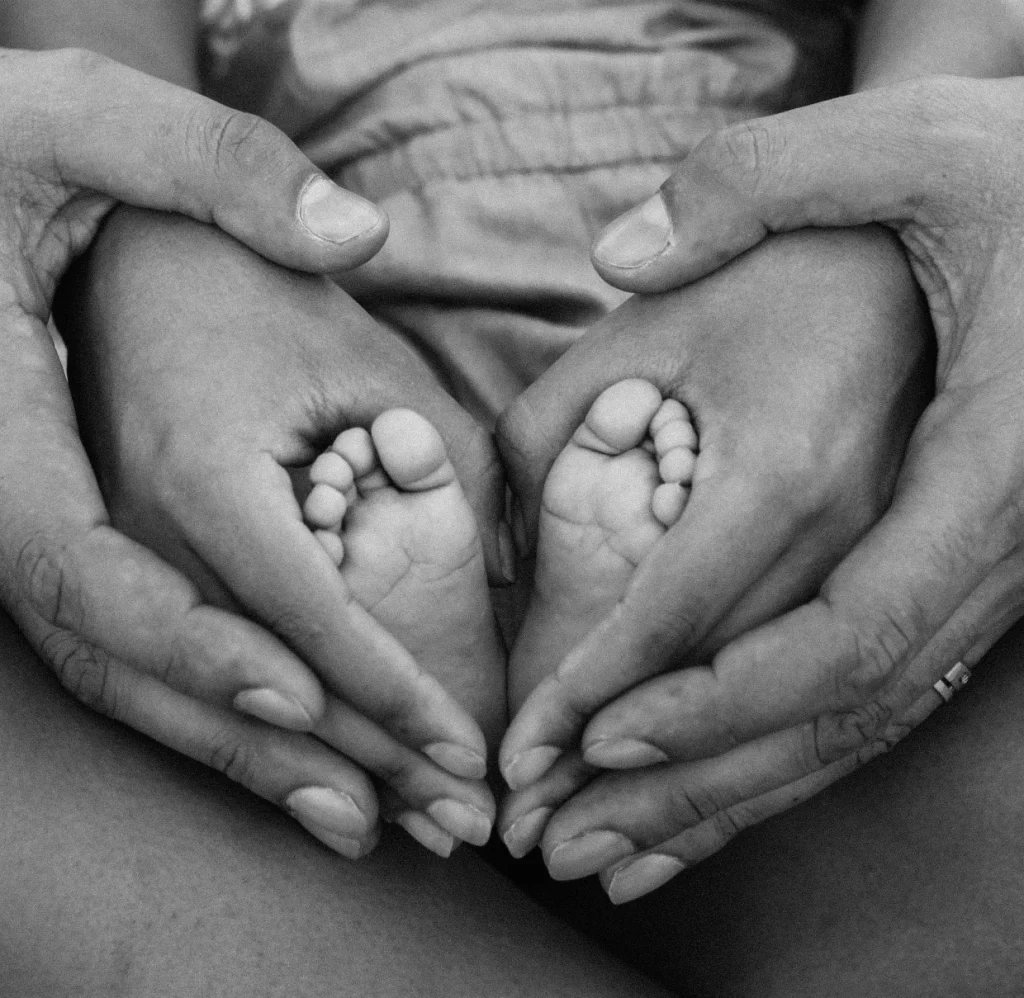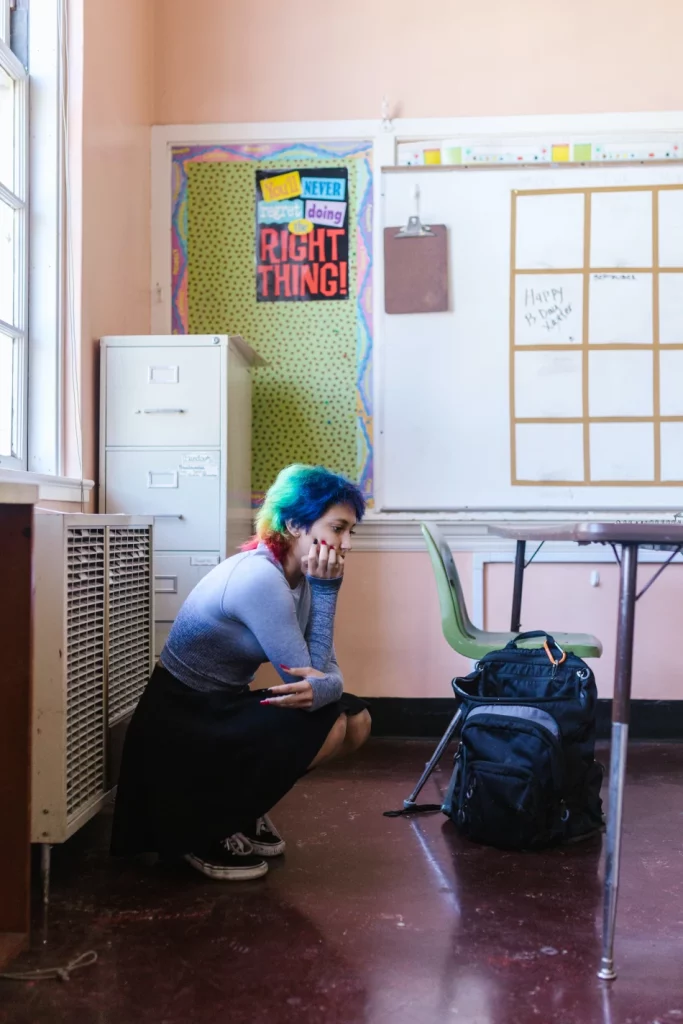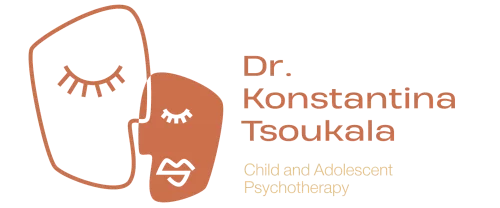Frequently Asked Questions / FAQ

What is psychoanalytic psychotherapy for children and adolescents?
Child and adolescent psychoanalytic psychotherapists are mental health professionals strictly trained to work with children and young people, as well as with their parents / caregivers, including those with severe mental health difficulties.
What does psychoanalytic child and adolescent psychotherapy offer?
Child and adolescent psychotherapists can work with children and young people individually or together with other family members and can support these relationships.
Child and adolescent psychotherapy is the only mental health specialist training which focuses exclusively on working with children and young people (0-25 years of age) and their families. This is a six-year training comprising a two-year pre-clinical course and an NHS funded four year full-time doctoral level clinical training.
How do psychoanalytic child and adolescent psychotherapists work?
Children and young people with mental health problems may respond to people and situations in ways they do not understand and cannot control. Their feelings can be very intense and often these are expressed through their behaviour and problematic relationships. These difficulties often extend to all aspects of their daily lives (e.g. at school, at home, etc.).
Child and adolescent psychotherapists are trained to carefully observe what a child3 can communicate through their behaviour and play and not necessarily in words. In this way they seek to understand what may be happening beyond the symptom (e.g. anxiety / phobias / aggressive behaviour) in order to help the children themselves, but also their families, to better understand themselves and their problems, as well as to manage their emotions in new, more effective and more functional ways.
The extensive training of child and adolescent psychotherapists enables them to work with very difficult and deregulatory thoughts and feelings of children and young people, while helping them develop and maintain a resilient therapeutic relationship with them. Through the development of this relationship, the ultimate purpose of psychotherapy is to establish more effective ways of managing difficult thoughts and feelings, while promoting more functional relationships inside and outside of the family home.

How can psychoanalytic child and adolescent psychotherapy help?
The principle of understanding the anguish of a young person4 plays a vital role in supporting them to manage their difficulties. We start by listening carefully to what the child communicates and pay special attention to how they express their feelings. By following the pace of each child, adapting the approach to the individual child, and respecting the confidentiality of the therapeutic work (which is broken only in cases where the safety of the child and/or someone else is at risk), we help children unlock what lies behind their difficulties and thus better understand themselves. The key tool in psychotherapy is the therapeutic relationship, which is developed between patient and therapist, while the child’s ways of expressing themselves during sessions can vary between play, painting, and discussing (either at a 1:1 level between therapist-patient or together with the parent / caregiver, in case they also participate in the sessions).
Child and adolescent psychotherapy has a positive impact on the child’s relationships and behaviour, while also promotes their ability to concentrate, process and manage their thoughts and feelings.
What is the difference between psychoanalytic child and adolescent psychotherapy and other treatments?
There are many different ways to deal with the anguish of a child. The variety of treatment methods can be confusing and families may wonder which of these options is the most appropriate for their child’s particular situation.
In general, as a child and adolescent psychotherapist, I have been trained to work openly, respectfully, and flexibly with children, young people and families, with the aim of attributing meaning to their behaviours and emotions. I believe that the external symptoms and behaviours manifested by a child are only one part of their story.
I do not assume that a diagnosis and a list of symptoms are all that we need to know about a child, nor do I believe that a predetermined list of strategies and tips can solve all problems. I firmly believe in the importance of a careful, thorough evaluation, which I consider a necessary first step in order to have a basis on which we can begin to understand what the child / young person is experiencing and how they can be helped.

How long does the treatment last?
The duration of the psychotherapeutic treatment can vary for each child depending on the individual circumstances of their family and also based on what is recommended after the assessment of their presentation. My goal is to agree with the family and the child / young person on a plan that will be clearly setting the main points on which the therapeutic work will be focusing. These points will be reviewed on a regular basis and the duration of the treatment will be informed and adjusted respectively.
What can you expect when you contact me?
I offer a short (about 15 to 20 minutes), free introductory phone conversation during which we will think together whether it would be useful to arrange an initial meeting. This meeting will last between 60 to 90 minutes, and I will aim at taking a complete developmental history, as well as at listening and discussing about the child’s current presentation. The charge for this meeting will be agreed upon during our initial telephone conversation.
Sometimes this first meeting may be all that is needed, while in other cases therapeutic intervention may be indicated. I believe that before starting any treatment, offering a thorough assessment of the difficulties faced by a child / young person is essential. This assessment stage entails three individual sessions with the child / young person and is followed by one session with the parent / carer. During the assessment sessions, I aim at understanding the nature of the difficulties experienced by the child, while also forming a plan on how to deal with each problem. This may be the start of psychotherapeutic treatment or, if I consider that another therapeutic approach would be more appropriate, then I will guide you accordingly.
How much does it cost?
I offer a short (about 15-20′), free introductory phone conversation during which we will think together whether it would be useful to arrange an initial meeting. The charge for the initial meeting will be agreed upon during our first telephone conversation.
Thereafter, the fees for any further assessment and/or treatment will be agreed jointly with the parents / carers by taking into account the financial circumstances of each family as well as the duration and frequency of the proposed treatment.
The terms child and young person are used alternately for purposes of brevity.
The terms parent(s), carer(s), and caregiver(s) are used alternately for purposes of brevity.
